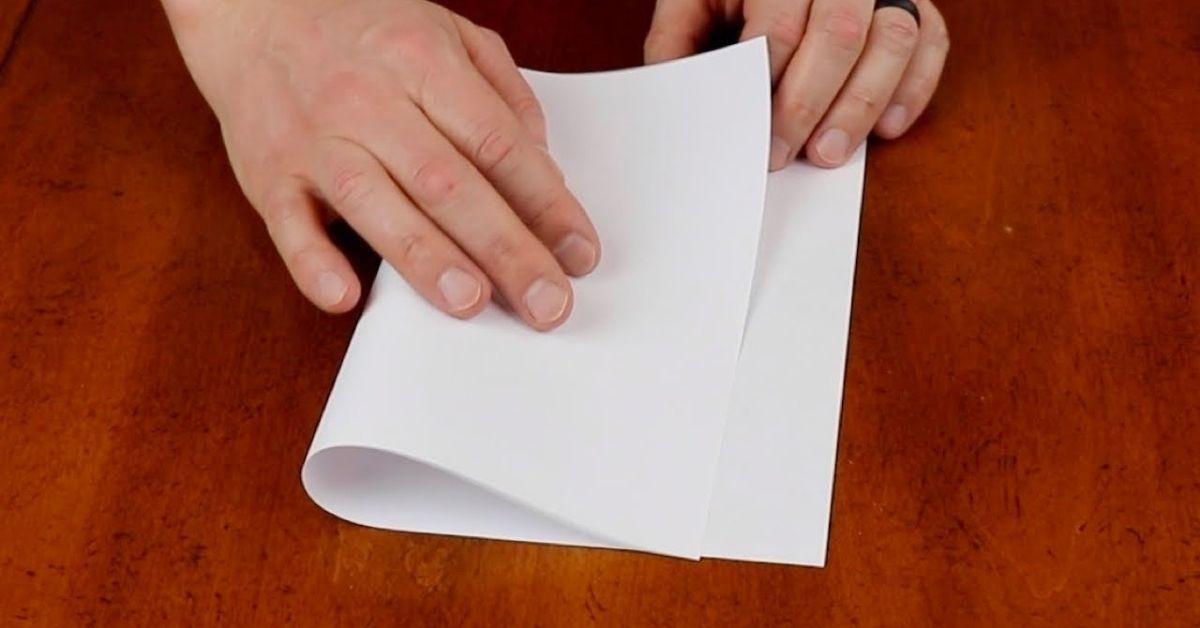FlipFact of the Day: Some people crack their knuckles to prepare themselves to take on a challenging task; others do it as a way of relieving stress or releasing tension. Either way, the action can be quite satisfying for the knuckle-cracker (and quite irritating for everyone else around them). As a way to discourage this behavior, we’ve been told that cracking knuckles can cause arthritis or irreparable joint damage. Unsurprisingly, scientists have taken a crack at examining this longstanding myth, as well as how cracking one’s knuckles produces those loud popping sounds in the first place.
Our knuckles are filled with synovial fluid, an egg white-like substance that lubricates the joints to help them move smoothly. When we stretch or bend our fingers, the resulting drop in pressure creates gas bubbles in the fluid. Experts believe that the formation or collapse of these bubbles is what produces the popping sound. (If you’ve ever wondered why you can’t crack your knuckles immediately after you’ve just cracked them, it’s because it takes about 20 minutes for a bubble to fully collapse before a new one could be formed.)
Research has also shown no direct link between knuckle-cracking and arthritis development later in life. There have been a few reports of injuries resulting from knuckle-cracking, though, and a study showed that frequent knuckle-cracking may reduce your overall grip strength.
Still, there’s no reason to worry about arthritis in your future if you’re a frequent knuckle-cracker. In fact, it might make more sense to worry about your friend’s knuckles—specifically, where they might end up when your habit becomes too annoying for your companion to bear.
Still remember your 5th-grade science classes? Test your knowledge and see if you still remember these facts and fundamental concepts in human anatomy, biology, botany, and other branches of science. Click here to try the “Are You Smarter Than A Pinoy Fifth-Grader” Challenge.
Follow the hashtag #FlipFacts on Facebook and Instagram to get your daily dose of science trivia!
Cover: iStock
References
- https://journals.plos.org/plosone/article?id=10.1371/journal.pone.0119470
- https://www.nature.com/articles/s41598-018-22664-4
- https://www.medicalnewstoday.com/articles/259603.php
- https://www.health.harvard.edu/blog/knuckle-cracking-annoying-and-harmful-or-just-annoying-2018051413797
- https://www.smithsonianmag.com/smart-news/what-causes-sound-cracking-knuckles-scientists-have-finally-figured-it-out-180968642/
Author: Mikael Angelo Francisco
Bitten by the science writing bug, Mikael has years of writing and editorial experience under his belt. As the editor-in-chief of FlipScience, Mikael has sworn to help make science more fun and interesting for geeky readers and casual audiences alike.







